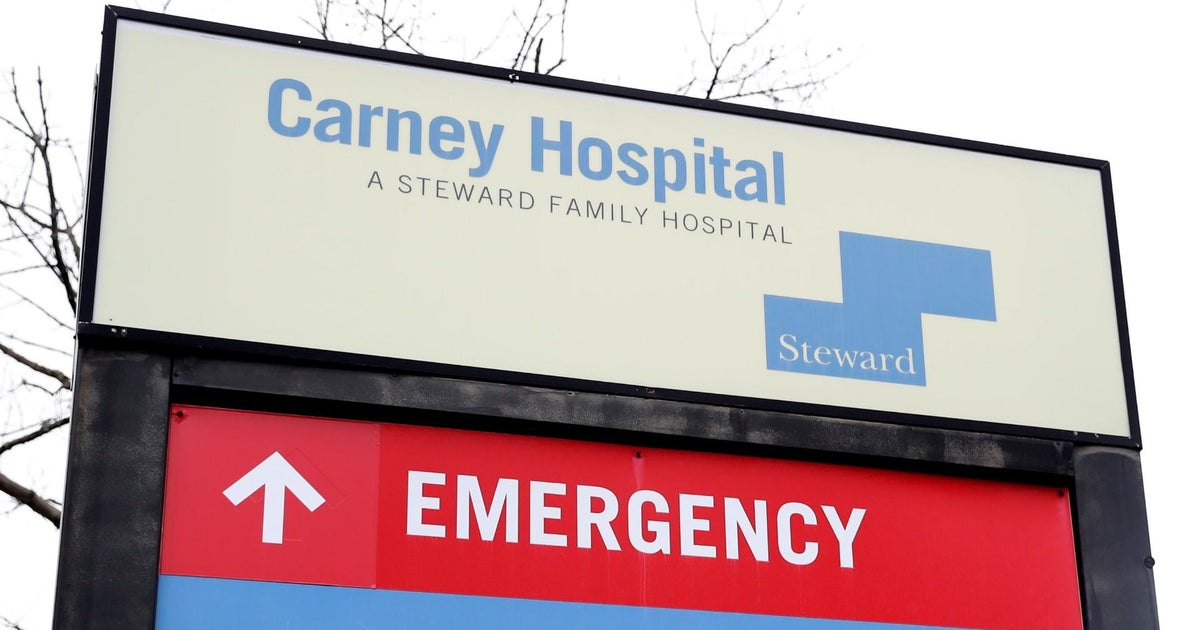Coronavirus: What You Should And Shouldn't Do
BOSTON (CBS) - New coronavirus cases are now being reported on a daily basis across the world. So what should you do when it comes to dealing with it? Here's some advice:
DO: WASH YOUR HANDS AND AVOID TOUCHING YOUR EYES, NOSE, MOUTH
Experts say taking these simple steps could reduce the risk of transmission by 30-to-50%.
DON'T: CONTRIBUTE TO THE SHORTAGE OF FACE MASKS
Masks probably won't do much good when worn by healthy people and may give a false sense of security. Instead, reserve them for people who really need them, like sick patients and health care workers.
DO: CLEAN SHARED SURFACES WITH DISINFECTANTS
Cleaning products have not been thoroughly tested against this new coronavirus, but bleach-based products work well against other coronaviruses.
DON'T: GO OVERBOARD
It's not clear how long this novel coronavirus can survive on surfaces, like door knobs, desktops and bathroom faucets, but experts say the bigger threat is contaminated respiratory droplets coughed up by people who are sick. So while it makes sense to clean surfaces in public areas, your best bet is to wash your hands frequently and stay away from people who are coughing.
Related: How Can I Prevent Coronavirus? Should I Wear A Mask? And Other Questions
DO: STAY HOME IF YOU HAVE A FEVER
If you have a fever, stay at home. And plan ahead for the possibility that you might need to be in your house for 2-to-3 weeks.
DON'T: GO OUT IN PUBLIC OR USE PUBLIC TRANSPORTATION IF YOU HAVE A FEVER
Be a responsible citizen and help prevent the spread of germs.
DO: CALL YOUR DOCTOR IF YOU HAVE FEVER, COUGH, SHORTNESS OF BREATH
If you develop a fever, cough and especially shortness of breath, call your doctor to get medical advice. You will need to find out whether you should get tested and whether you need to be seen by a medical provider.
DON'T: GO TO STRAIGHT TO AN ER OR URGENT CARE IF YOU DEVELOP SYMPTOMS
If you just show up at a health care facility, you could be putting other patients and health care workers at risk. Call your doctor first. If you must be seen urgently, notify the front desk staff that you think you may have coronavirus right away. Don't wait until you see the nurse or doctor.
DO: TAKE A DEEP BREATH
Brace yourself. There will be a surge in reported cases as more and more people are tested in the United States. This is to be expected. The risk to individuals is still low. And even if you do contract the virus, chances are you will get only mild symptoms or no symptoms at all. Kids also seem to be at lower risk, which is great news for parents.
DON'T: GO PLACES WITH LARGE CROWDS IF YOU'RE AT HIGH RISK
If you are over age 60, have a weakened immune system or underlying lung disease, heart disease, or diabetes, you should avoid large crowds where you might be exposed, not only to the novel coronavirus, but also influenza which is still active in the community.
DO: STAY INFORMED
This is a rapidly changing story with updates and additional information coming out every day. Turn to reputable news outlets for coronavirus updates. You can also go to the CDC website for up-to-date information.
DON'T: USE UNRELIABLE SOURCES FOR INFORMATION
There is a lot of misinformation, conspiracy theories, and unfounded claims, especially on social media sites like Facebook, Twitter, TikTok and others. There are also fake coronavirus products being marketed to the public, claiming to be able to prevent or treat infections. Please don't fall for false advertising.



